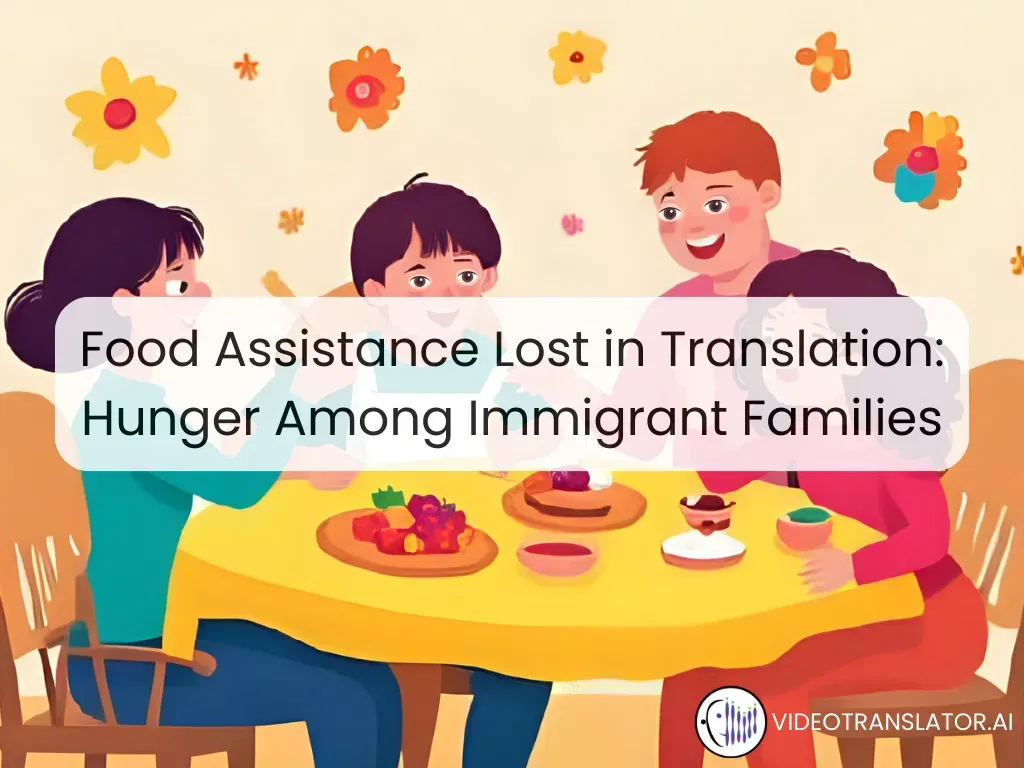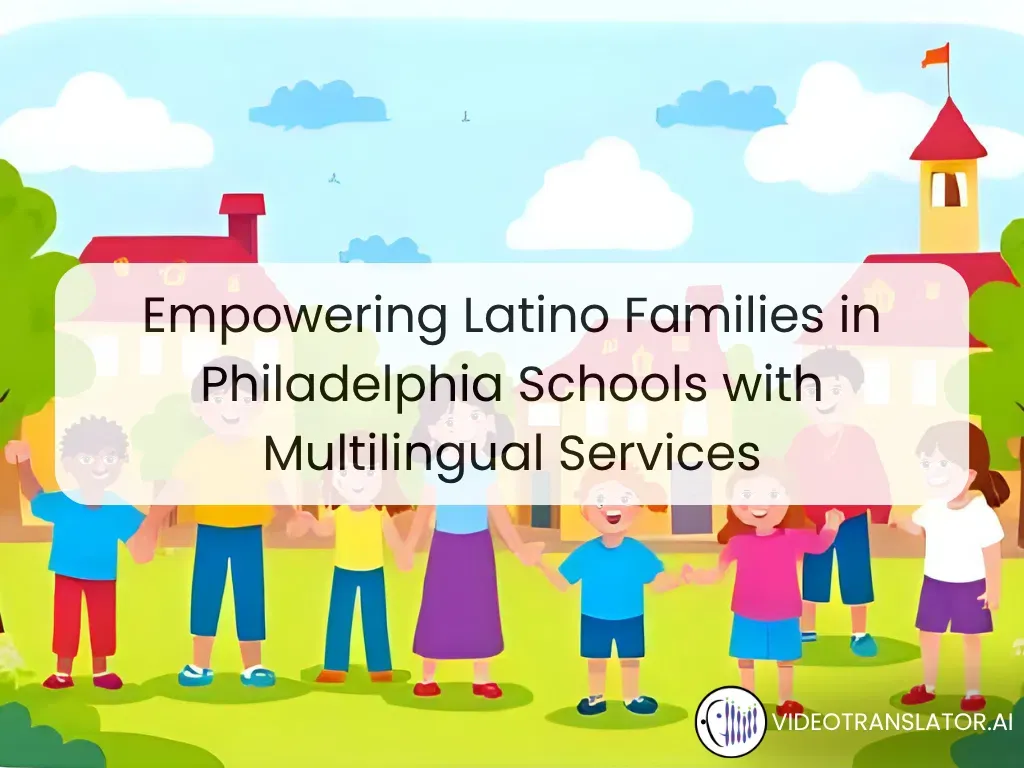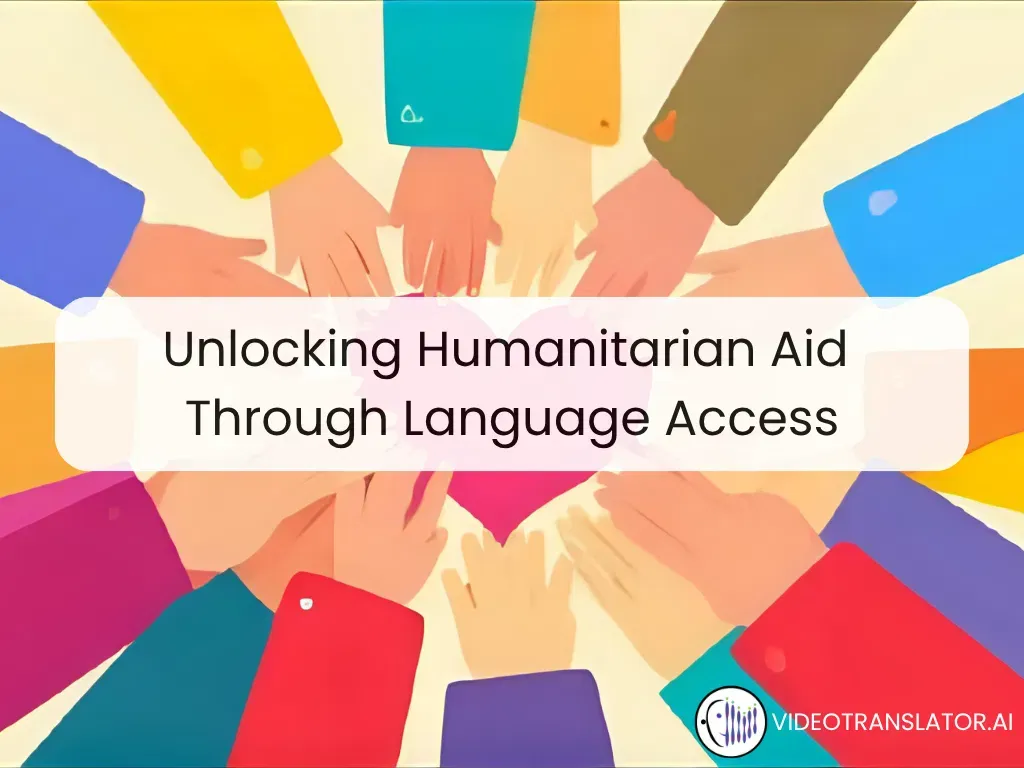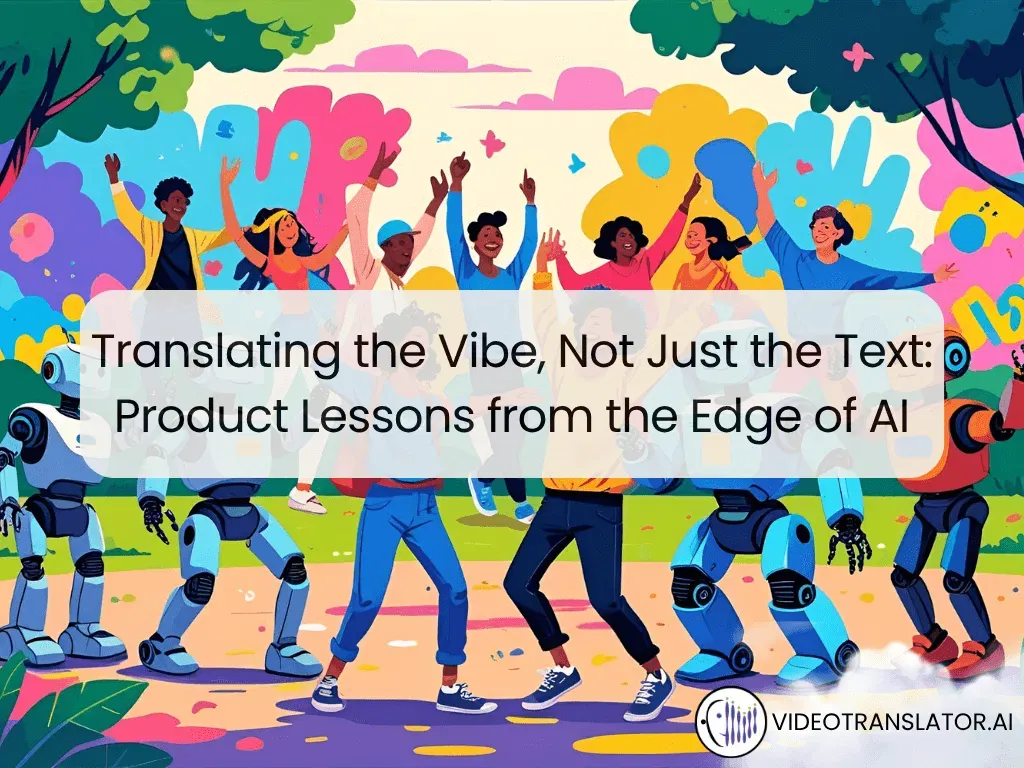Imagine a child sitting in a classroom, stomach growling, unable to focus on the lesson ahead.
For many immigrant families across the United States, this is a daily reality. The struggle to put food on the table often leads to difficult choices—sacrifices that no child should have to make.
As policies shift and barriers rise, the invisible weight of food insecurity grows heavier, affecting not just the children but entire families and communities.
The Hidden Crisis: Understanding Food Insecurity in Immigrant Families
Food insecurity is not merely a lack of food; it is a complex web of challenges that disproportionately affects immigrant families. Research shows that children who experience hunger face more behavioural issues, lower academic performance, and heightened emotional stress.
In 2025, the landscape of food assistance changed dramatically, making it even harder for families to access the support they need.
The recent budget reconciliation law introduced stringent work requirements for the Supplemental Nutrition Assistance Program (SNAP), targeting immigrant families who already navigate a labyrinth of eligibility restrictions. Many of these families are working hard, yet they find themselves trapped in a system that complicates access to essential resources.
The Urban Institute estimates that over 22 million families could lose benefits under these new regulations, deepening the crisis of food insecurity.
 Photo by Michael Ali on Unsplash.
Photo by Michael Ali on Unsplash.
Breaking Down The Barriers
Even when families qualify for assistance, language barriers can create significant obstacles. Many SNAP applications are only available in English, leaving Limited-English-Proficient (LEP) families to rely on unreliable sources for information. Misinformation spreads quickly in these communities, often leading to fear and confusion about accessing benefits.
Programs like Cornell University’s Translator-Interpreter Program (TIP) are stepping in to bridge these gaps. By connecting multilingual students with local organisations, TIP helps translate vital documents and information, empowering families to confidently navigate the system.
Each successful translation is a step toward dismantling the barriers preventing families from accessing food assistance.
A Solution in Sight: AI Translation for Community Impact
To tackle these challenges, organisations need effective solutions that streamline communication and resource access. This is where VideoTranslatorAI’s template-based translation comes in.
By combining human expertise with AI efficiency, this tool offers a reliable way to manage recurring translation needs. It supports custom glossaries and prefilled fragments, ensuring that vital information is accurately conveyed to LEP families.
Imagine a world where every SNAP application is available in multiple languages and families can easily understand their rights and options. This technology not only enhances accessibility but also builds trust within communities, allowing families to feel empowered to seek the assistance they deserve.
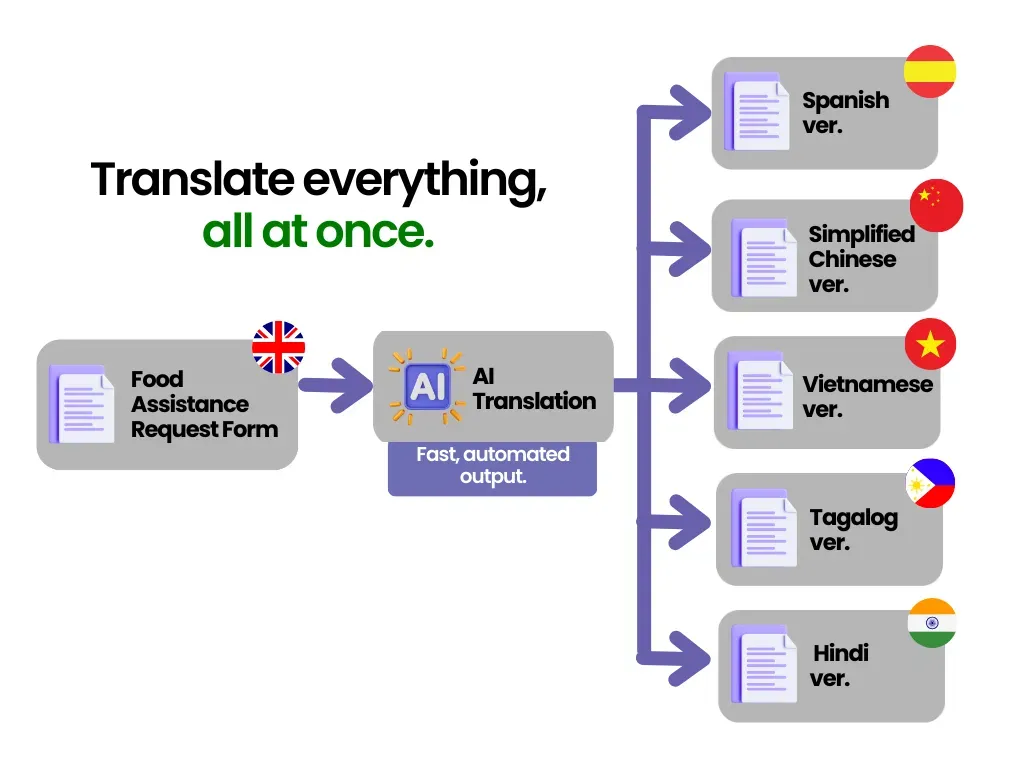 Reach Multilingual Communities with VideoTranslatorAI’s Hybrid Text Translation
Reach Multilingual Communities with VideoTranslatorAI’s Hybrid Text Translation
The Ripple Effect: Why Food Access Matters for Everyone
Ensuring equitable food access is not just an immigrant issue; it impacts public health, economic stability, and community resilience. Every dollar spent on SNAP generates $1.50 to $1.80 in local economic activity.
When children are well-fed, they perform better academically and grow into healthier adults. This leads to lower healthcare costs and a more productive workforce, benefiting society as a whole.
As we consider the implications of food insecurity, we must reflect on our collective values. How we treat our neighbours in times of vulnerability speaks volumes about our commitment to human dignity.
Expanding SNAP access and outreach in immigrant communities is not just a policy decision but a moral imperative.
 Photo by Grace O’Driscoll on Unsplash.
Photo by Grace O’Driscoll on Unsplash.
Building a Future of Dignity and Belonging
The path forward requires a concerted effort from policymakers, community leaders, and individuals alike. Schools and community centres can adopt interpreter programs to break language barriers, while policymakers must protect and expand outreach in immigrant neighbourhoods. We can contribute by volunteering at food banks or engaging in conversations that destigmatise public benefits.
Imagine a cafeteria where every lunch tray reflects a different culture, and every stomach is full. This vision is not a fantasy but a future we can build together—one plate, one program, one translated form at a time.
If you’d like to explore this further, reach out to hello@videotranslator.ai.
See you on the next blog post!
